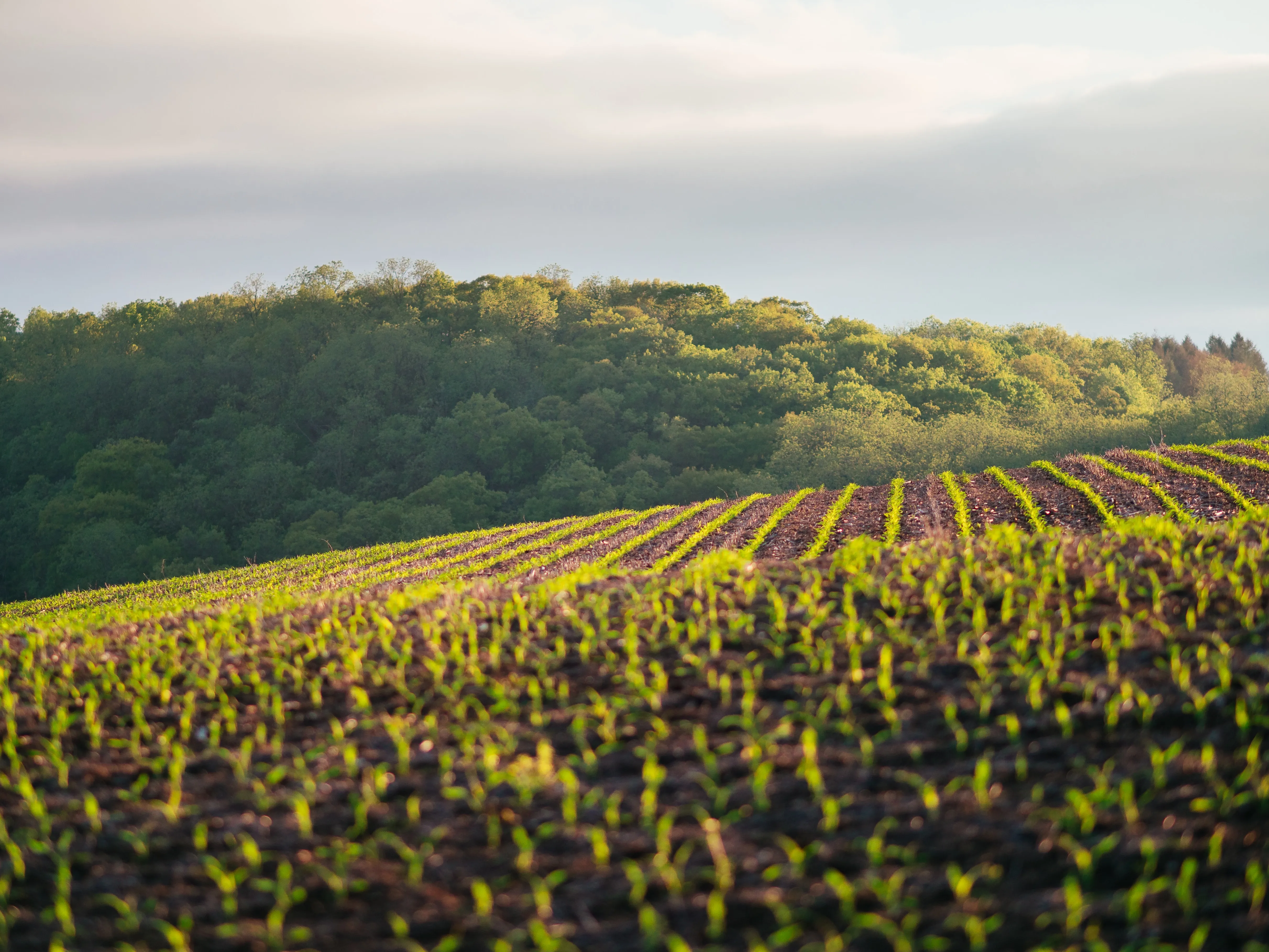Best Practices in Farmland Management
Master the art of land stewardship with 'Best Practices in Farmland Management,' a key blog post by Vriksha Farms. Discover essential strategies and insights for effectively managing agriculture land near Bangalore, tailored for landowners and farmers in Karnataka. This guide covers everything from soil health to sustainable farming techniques, providing valuable knowledge to enhance productivity and sustainability on your farmland, ensuring its health and profitability for generations to come."

Introduction:
Managing farmland is a nuanced endeavor that requires a combination of knowledge, dedication, and strategic planning. Whether you're a seasoned agriculturalist or a first-time landowner, understanding the best practices in farmland management is essential. In this comprehensive guide, we'll explore key strategies and insights to ensure the optimal utilization and profitability of your agricultural investment, including insights on agriculture land for sale in Kanakapura Road, Bangalore.
Efficient Land Use Planning:
Crop Rotation and Diversification:
Implementing a well-thought-out crop rotation plan helps optimize soil fertility and reduce pest and disease pressure. Diversifying crops not only mitigates risk but also promotes a more sustainable farming system.
Zone-Based Planting:
Tailoring plant selection and planting schedules based on microclimates and soil conditions maximizes yield potential. This precision agriculture approach optimizes resource use while enhancing overall productivity.
Sustainable Soil Management:
Soil Testing and Analysis:
Regular soil testing provides crucial insights into nutrient levels and pH balance. This information guides targeted fertilizer applications, ensuring that crops receive the precise nutrients they need for healthy growth.
Cover Cropping and Mulching:
Cover crops protect soil from erosion, improve organic matter content, and suppress weeds. Mulching conserves soil moisture, regulates temperature, and minimizes soil compaction.
Water Conservation and Irrigation Practices:
Drip Irrigation Systems:
Drip irrigation delivers water directly to the base of plants, minimizing water wastage. It's an efficient method that ensures plants receive consistent moisture, promoting healthy growth.
Rainwater Harvesting and Storage:
Capturing and storing rainwater in reservoirs or tanks provides an additional water source, reducing reliance on external water supplies during dry periods.
Integrated Pest and Disease Management:
Beneficial Insect Promotion:
Encouraging natural predators like ladybugs and lacewings helps control pest populations, reducing the need for chemical interventions.
Early Detection and Monitoring:
Regular scouting for signs of pests and diseases allows for timely intervention, preventing potential crop losses.
Record Keeping and Data Analysis:
Maintaining detailed records of planting dates, crop rotations, irrigation schedules, and pest management activities provides valuable insights for future decision-making. Utilizing digital tools and software can streamline this process.
Conclusion: Nurturing Your Agricultural Investment
Effectively managing farmland is a multifaceted endeavor that requires a combination of time-tested practices and modern techniques. By incorporating these best practices into your farmland management strategy, you not only optimize productivity but also contribute to the sustainability of your agricultural venture.
Explore Agriculture Lands in Kanakapura Road:
Discover a diverse range of agriculture land for sale in Kanakapura Road, Bangalore. These properties offer fertile ground for implementing these best practices and realizing the full potential of your agricultural investment.
